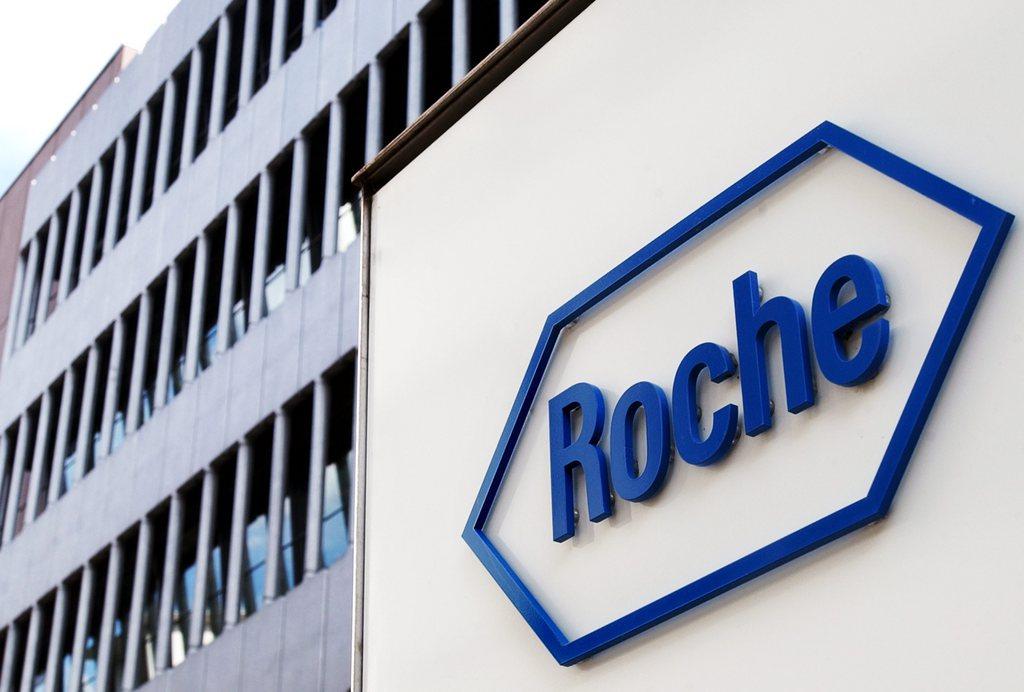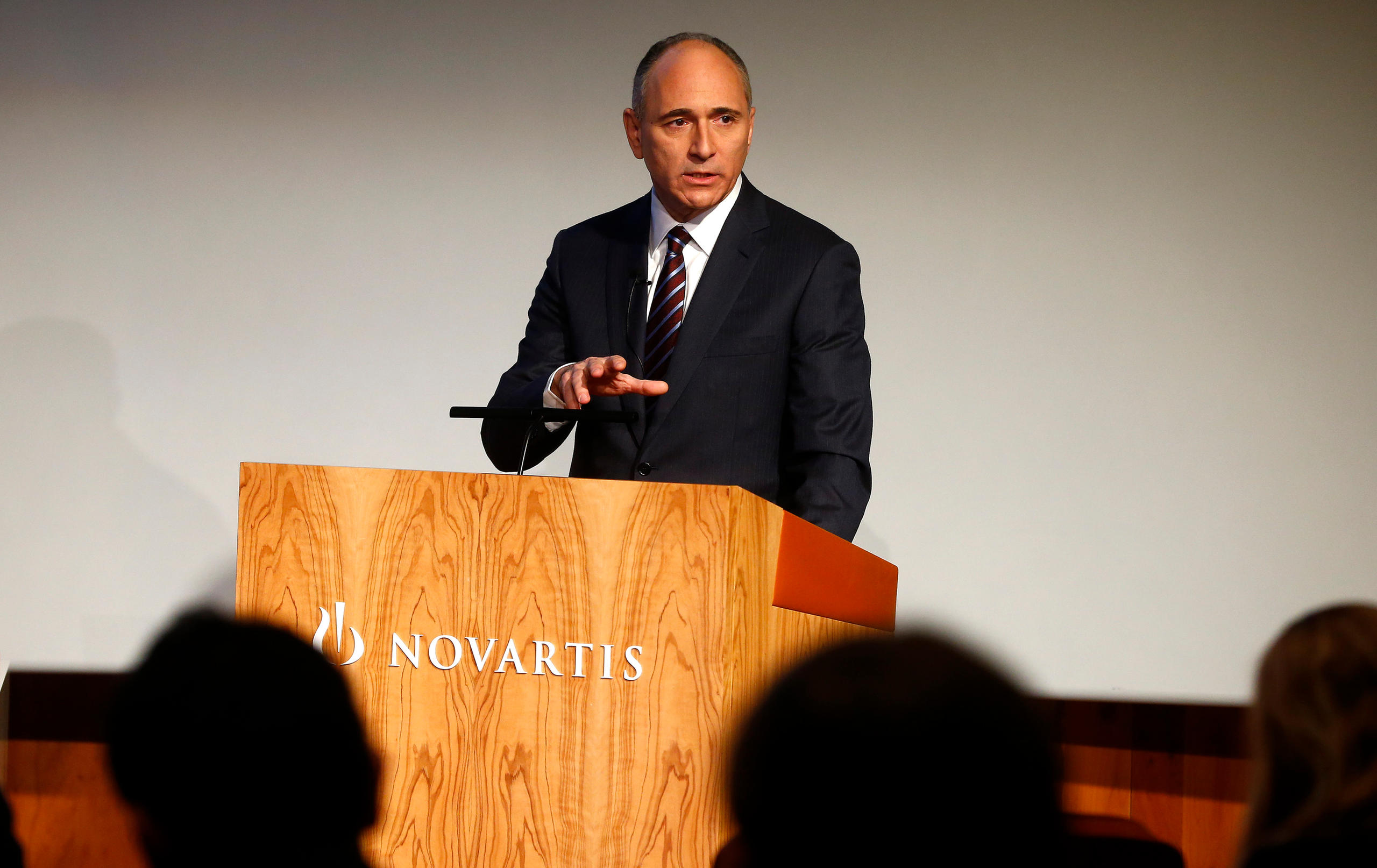Roche says UK faces losing lead in medical research after Brexit

Roche, the Swiss pharmaceutical company, has warned that the UK risks losing its lead in medical research after leaving the European Union.
The Swiss group called for Britain to move quickly to replace European regulations with rules that give patients access to innovative treatments or else risk delays in developing crucial medicines.
The future of local drug regulation was “my biggest worry in the UK”, said Severin Schwan, Roche’s chief executive.
London-based European Medicines Agency, which supervises drugs used in the EU, is expected to relocate to another member state when Britain leaves the bloc.
Subsequent delays by the UK in authorising new drugs or excessive restrictions on their use in the National Health Service would hit research and development, Mr Schwan said.
His warning came as Roche reported a stronger-than-expected increase in earnings in the first half of the year, with sales boosted by demand for its oncology and immunology medicines.
Mr Schwan expected little direct impact of Brexit on Roche itself because the UK accounts for less than 3% of sales. But he feared discussions about future UK regulatory arrangements failed to appreciate that research projects depended on a country allowing access to innovative medicines so clinical trials could accurately compare treatments.
“That is my biggest fear with Brexit – that those silos of thinking get even more separated,” he said.
The UK has been “one of the leading countries in the world” in medical research, he added. “I would hope that the UK stays at the forefront as far as science is concerned.”

More
Financial Times
External linkUpbeat on US
In contrast, the Roche chief struck an upbeat tone on the future of the pharmaceuticals sector in the United States. Earlier this week, Swiss rival Novartis warned about an increasingly tough price environment following November’s election with both Hillary Clinton and Donald Trump pledging to curb drug costs.
Mr Schwan argued Roche would be shielded from price pressures because of its focus on developing innovative cancer drugs. The debate over soaring drug costs had been triggered by smaller companies which “have misused the system and hiked prices of some generic products”.
He expected that the US would continue to reject excessive government intervention and to support innovative pharmaceutical companies, which were important drivers of economic growth and job creation. “It takes a lot to fundamentally change the system in the US, and I don’t expect a fundamental change,” Mr Schwan said.
Roche reported sales of CHF25 billion ($25 billion) in the six months to the end of June, an increase of 5 per cent at constant exchange rates compared with the same period a year earlier. Newly launched medicines had shown “good sales performance”, it said, including Tecentriq, its first cancer immunotherapy medicine.
Core earnings per share beat analysts’ expectations, rising by 5% to CHF7.74. For the full year, Roche reiterated its guidance of sales growth in low- to mid-single digits at constant exchange rates, with growth in core earnings per share outpacing sales growth.
Copyright The Financial Times Limited 2016

In compliance with the JTI standards
More: SWI swissinfo.ch certified by the Journalism Trust Initiative




You can find an overview of ongoing debates with our journalists here. Please join us!
If you want to start a conversation about a topic raised in this article or want to report factual errors, email us at english@swissinfo.ch.